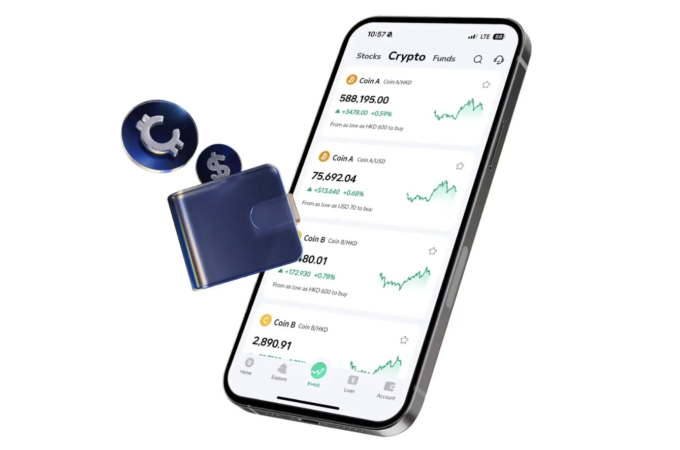
APAC Banks Ramp up Digital Transformation to Prepare for Next Normal
via Fintechnews Singapore
The COVID-19 pandemic, the entry of digital banks as well as changing customer expectations are accelerating banks’ digital transformation plans. In Asia Pacific (APAC), 44% of the top 250 banks are now focused on completing their “connected core” transformation and working on platform-based and componentized modernization, as well as API-enablement, according to a new study by IDC Financial Insights.
The IDC InfoBrief report, titled “How banking has changed for good: Becoming an intelligent financial services player” and produced in collaboration with Finastra, examines key trends reshaping the banking business model, and delves into five key trends banks must consider when developing their digital strategies.
According to the report, banks in APAC are rapidly digitalizing their processes and rethinking their businesses amid the rapidly-changing banking landscape. The research found that by 2022, 70% of banks in APAC will adopt real-time payments. It also highlights that 75% of tier 1 banks in Asia Pacific will deploy intelligent automation solutions at scale to improve operational efficiencies and achieve higher business value, showcasing that digitalization is now a top priority for banks across the region.
Banks will need to expand their real-time capabilities to enable not only instant payments but also allow for improved contextual marketing, risk management, fraud management, and product offers, the report says. By 2021, it is estimated that 60% of payment services providers will be offering integrated fraud services that screen and block transactions in real-time, the study found.
In addition to real-time capabilities and engagements, providing quality self-service capabilities will be essential for banks to win in the next normal. A focus should be put on creating interfaces that are highly personalized to customers’ banking needs and providing a seamless self-service journey, the report adds.

In this context, digital onboarding and electronic know-your-customer (eKYC) procedures will become indispensable. IDC Financial Insights predicts that by the 2023, US$3.4 billion will be invested into digital channels for online and mobile development as well as platform capabilities in APAC.
Another key trend that will shape the future of banking in APAC is platformification and the ecosystem model, a trend driven in part by open banking, the report says. According to the study, APAC banks are aggressively building out their partner ecosystem to expand their offering and include other related banking applications. They are now leveraging APIs, platforms, and cloud to deliver data-centric solutions to their clients, optimize decision-making processes and tackle potential risks.
IDC Financial Insights estimates that by 2022, 60% of retail banking products and services would be rendered through banking-as-a-service platform over cloud by challenger banks and digital banks in APAC.
The fourth key theme outlined in the study is the need for improved transparency with the end goal here as to increase customer satisfaction and trust. Greater transparency and clarity in banking services, pricing and such, will become even more important as banks across the region increasingly adopt open banking, the report says.
Virtual banking emerges in Asia Pacific
With regulators in Asia Pacific passing new laws to open up the market and let new entrants in, banks will need to set themselves apart from competitors by providing exceptional customer experience and create loyalty. This should be done by engaging customers with empathy in order to truly understand their needs and serve them better with the right product, at the right time and the right place.
Across Asia Pacific, an increasing number of regulators are developing the infrastructure to manage and supervise virtual banks, opening the door to new indigenous entrants in countries including China, Hong Kong, Singapore and South Korea.
As of June 30, 2020, Hong Kong had eight licensed virtual banks including Ant Bank, ZA Bank, WeLab Bank and Ping An OneConnect Bank. In Singapore, the Monetary Authority of Singapore (MAS) plans to award its first digital bank licenses by the end of the year. And in South Korea, the Financial Services Commission (FSC) has granted a virtual banking license to K Bank, a consortium comprising telco KT, Woori Bank, Ant Financial and others, as well as Kakao Bank, a consortium comprising tech giant Kakao, KB Kookmin Bank, eBay and Tencent.
Fintech unicorn Viva Republica, the operator of mobile financial service platform Toss, received a preliminary license to operate as a virtual bank in December 2019. Toss Bank is expected to begin operations in July 2021 after final approval from the financial regulator and more than a year of preparation.





